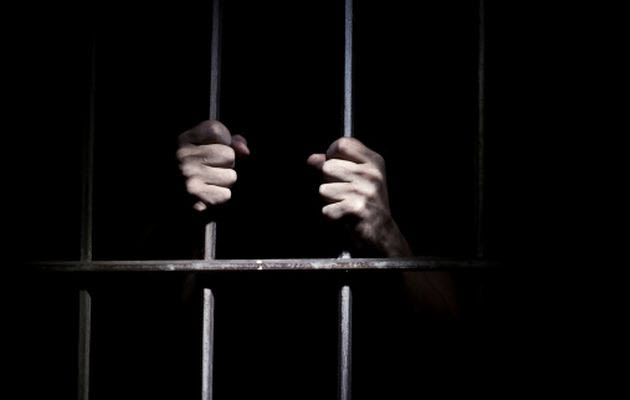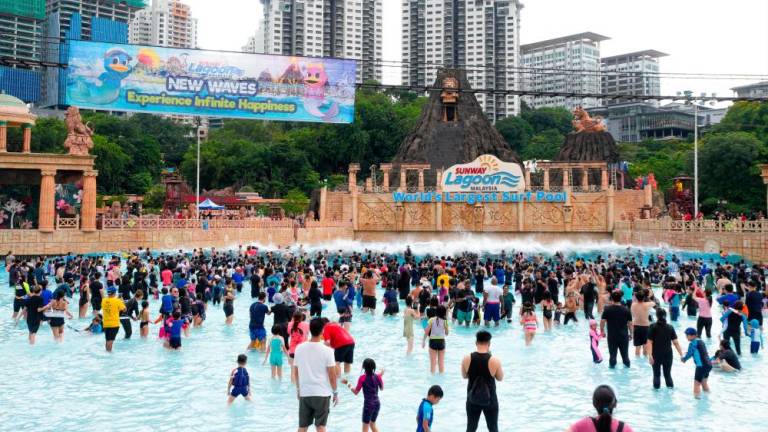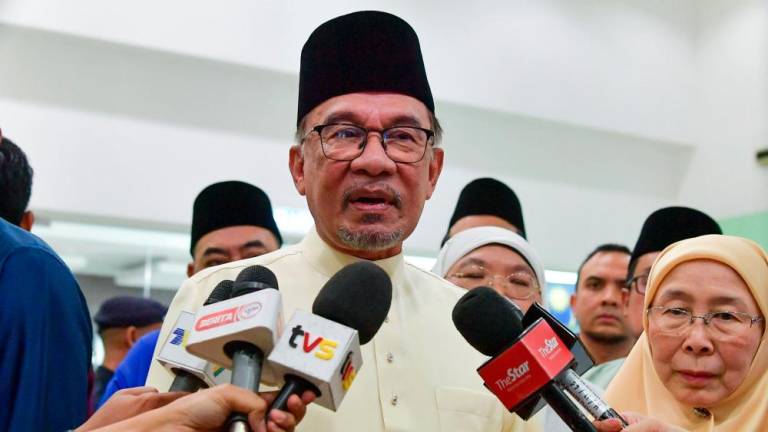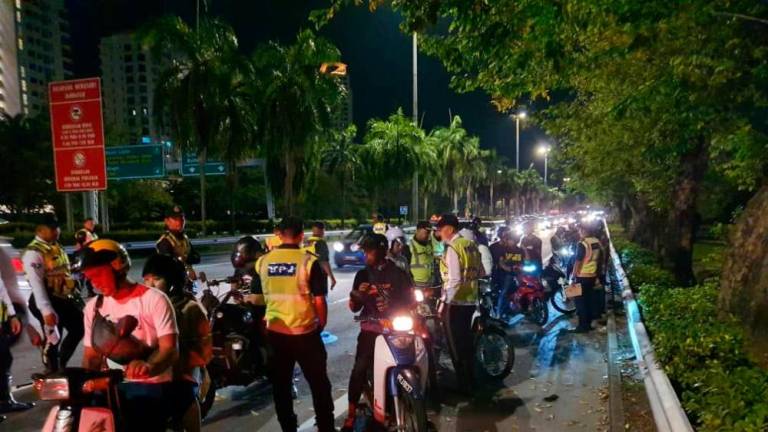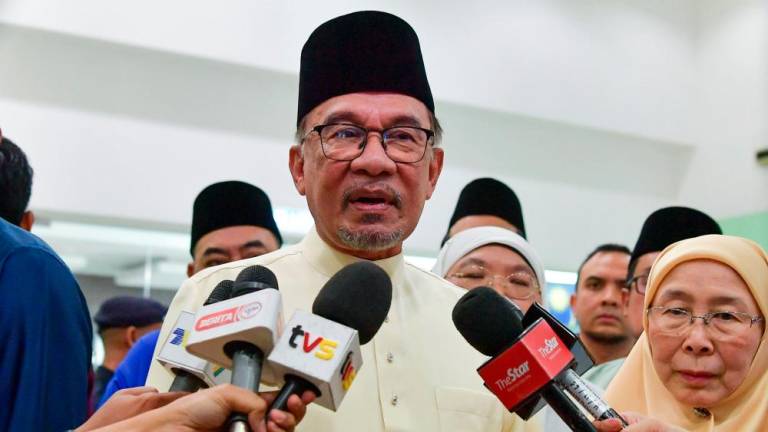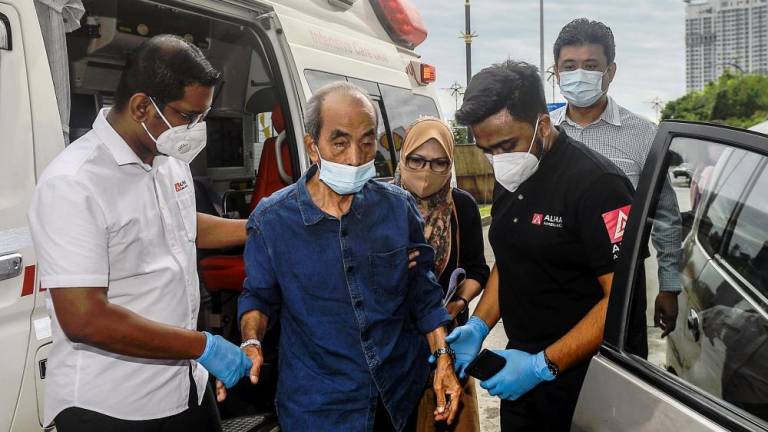WASHINGTON: Russia is holding 236 political prisoners, a significant increase over the past few years as President Vladimir Putin goes on the offensive against perceived threats, a study backed by human rights advocates said Monday.
The number compares with 46 political prisoners on a February 2015 list by Memorial, the veteran Russian civil society movement that supported the latest study.
The report, led by Perseus Strategies, a Washington-based law firm focused on human rights, listed 236 people it identified as political prisoners, although it said the number was likely “much higher” when including cases that could not be rigorously researched.
The study said Russia has been able to jail opponents through its “notoriously vague” prohibitions, such as bans on hooliganism and insulting religious feeling.
Canada’s former justice minister Irwin Cotler — now chair of the Raoul Wallenberg Centre for Human Rights, one of the groups that commissioned the study — said Russia has seen a “criminalization of everyday life” and has also targeted leaders through a law that blacklists “undesirable organizations.”
“What is happening is that all those who are deemed to be, in a generic sense, opponents of the regime are liable to trumped-up charges,“ he said.
Along with the political opposition, Russian authorities have set their sights on leaders of religious and ethnic minorities, gay rights supporters, journalists and especially Ukrainian activists in the wake of Russia’s 2014 takeover of the Crimea peninsula, the study said.
Cotler blamed the curbs on dissent by Russia, as well as by other increasingly authoritarian states, on a sense of “impunity” they have largely enjoyed on the international stage.
“This pattern has been able to take place in part because of a concomitant retreat by the community of democracies,“ he said.
Fears for long-serving prisoner
The jailing of opponents had ended with the fall of the Soviet Union, with former president Boris Yeltsin freeing the last political prisoners.
The report considers Russia’s longest-serving political prisoner to be Alexei Pichugin, a security manager at now defunct oil giant Yukos who was arrested in 2003.
Pichugin is serving a life sentence on multiple convictions including murder, in what his supporters say were false charges aimed at then Yukos chief Mikhail Khodorkovsky, who in exile has become Putin’s most high-profile critic.
Pichugin’s 80-year-old mother, Alla Nikolaevna Pichugina, said that her son was suffering problems in his shoulders and joints and vein engorgement in his legs.
“One of the reasons is that he has been in a tiny cell for 16 years without seeing the sun,“ she told AFP by telephone.
“They keep him because they want him to bear false witness against Khodorkovsky. Alexei refuses to do so and that’s why they’re keeping him,“ she said.
Pichugina — who said she was only allowed to see her son twice a year, for four hours at a time through glass — regretted that Putin has declined to pardon him.
“I think only international pressure can help. I don’t know what else can,“ she said.
The study recommended a further international expansion of the Magnitsky Act, which was started in the United States in 2012.
Named after Sergei Magnitsky, an anti-corruption accountant who died in Russian custody, the law imposes travel bans and freezes assets of foreign officials deemed responsible for extrajudicial killings or torture.
The report said that Putin’s “strong and emotional reaction” to the act showed its impact on the Kremlin.
The study also called for world leaders to be more vocal in drawing attention to human rights in Russia.
Moscow has in the past defended its record on human rights, saying it has differing conceptions than the West, and has hit back by accusing the United States of holding political prisoners. — AFP



